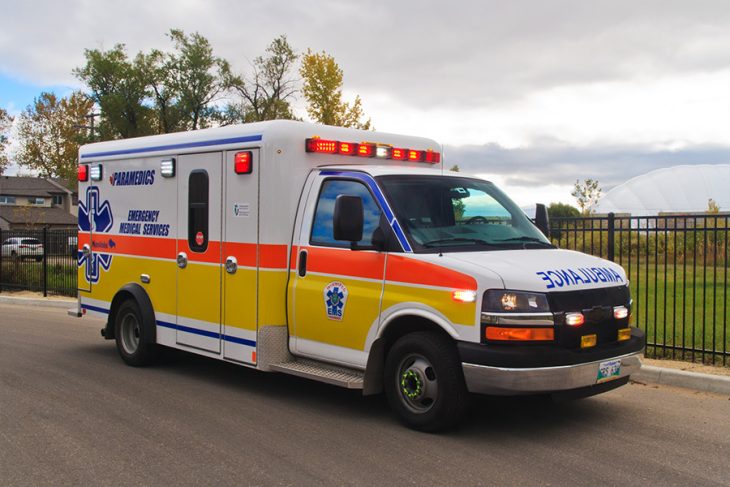
By Ahmad Hathout
Rogers and Quebecor are challenging a decision by the CRTC to extend by two years the implementation of the next-generation 911 service, saying they will be forced to assume millions of dollars in unnecessary costs for a longer period of time.
The CRTC in March extended by two years the full implementation deadline for the new system, which will allow first responders to receive texts and multimedia messages from distressed callers. Crucially with that decision, the regulator maintained the dual-rate model, meaning originating network providers (ONPs) – which link up with Bell and Telus, the managers of the 911 systems – would have to continue paying to use both networks until that new implementation date.
In the joint review-and-vary application, dated April 29 but made public Friday, the cable companies are arguing that the CRTC knew ONPs and their customers would have to bear “inefficient costs” to the tune of between $135 million and $155 million. These costs, they say, are on top of the $190 million the ONPs have had to assume to use the old system during the original three-year transition period to March 2025.
“Extending the deadline and forcing the double payment will result in end-customers ultimately paying those extra fees,” the joint application said, adding not a single application asked for a two-year extension.
The CRTC extended the full-implementation deadline after it said a majority of proceeding intervenors – including the Canadian Association of Chiefs of Police, the Canadian Association of Fire Chiefs, and the Paramedic Chiefs of Canada – said they would not be able to implement the system by the original deadline of March 2025.
But Rogers and Quebecor argue that no one asked for more than one year.
“The extension of the dual rate regime at existing E9-1-1 rates is a breach of the Commission’s obligation to ensure that rates are just and reasonable,” the applicants state. “It failed to consider the shorter period that had originally been mandated. The Commission’s previous finding, that dual payments based on existing E9-1-1 rates would be ‘manageable’ during a 3-year transition period, does not satisfy the Commission’s obligation to ensure that rates are just and reasonable over the now significantly longer time period – particularly when the rates relate to duplicate services and the decline in the ILECs’ costs to provision E9-1-1 as traffic is transitioned to NG9-1-1.”
They add that there is no “meaningful incentive” for either the telcos or public safety answering points (PSAPs) to “meet the new or any future extended deadline – as the cost of delay is borne by some ONPs and by end-customers.
“The ILECs are being over-compensated and unjustly enriched by the continued application of existing E9-1-1 rates while the PSAPs bear none of the costs of delay,” they argue. “This result is wholly inconsistent with the objectives of timely and cost-effective implementation of NG9-1-1.”
The applicants are asking for the commission to reduce the extend to one year, reduce the rates ONPs like themselves pay for the existing 911 system through the new extension period, and require telcos to file new tariffs establishing the terms and rates payable by PSAPs that seek to receive existing system calls after March 4, 2026.
Quebecor had originally challenged the dual-rate model as unfair in 2022, but was denied by the CRTC.



